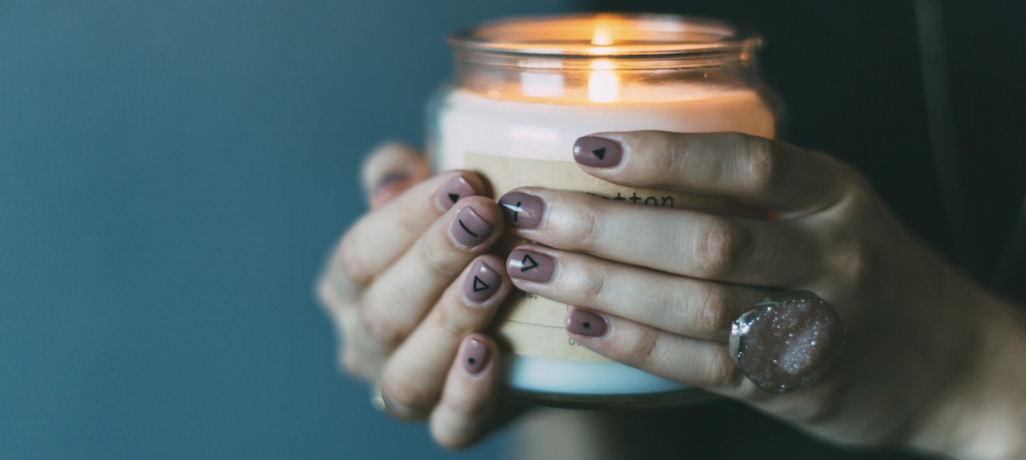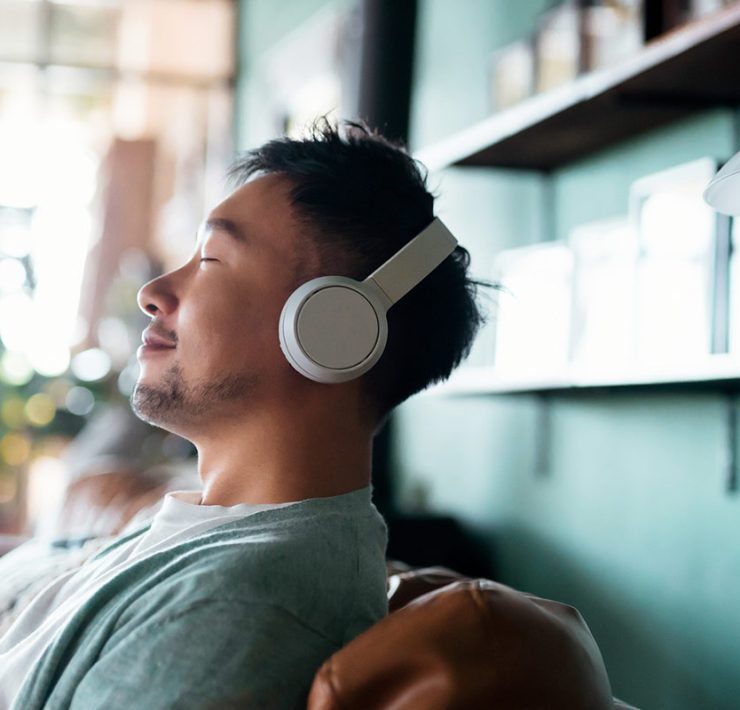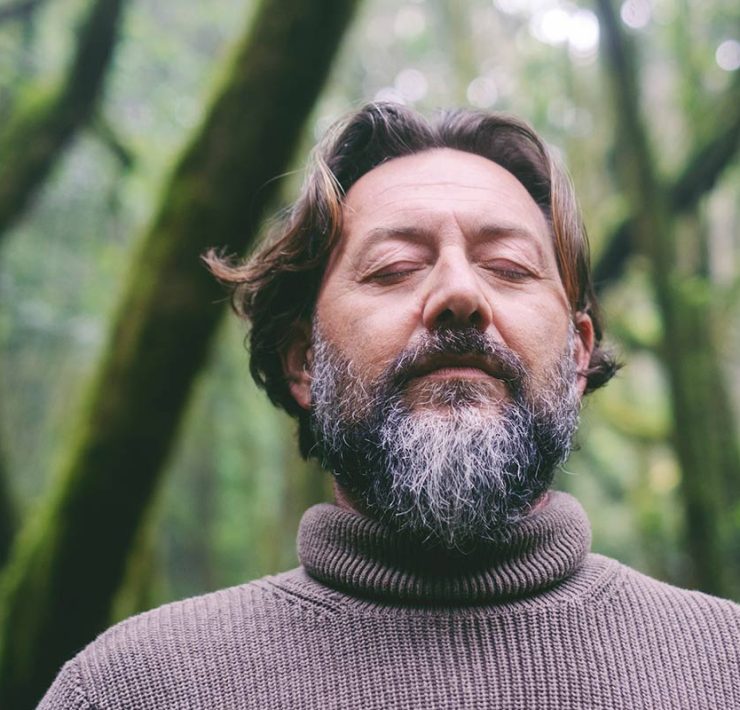Let me set the scene: You’re up late on a Sunday night, somewhere between the hours of 2 and 3am, begging your mind to please, finally shut off. But no, you’re somewhere deep in the social media abyss—definitely not sleeping. Admit it, you’ve been there. You know the drill: Double tap a photo of an old college friend posing at a predictable European tourist attraction. Scroll past an awkward selfie of a girl you met at a Brooklyn party just once. Eye-roll at the fifth post-that-day of your coworker’s kid. Check the work email. Check it again. Refresh Facebook feed. Rinse, repeat. What is it now, half past 3? Reality check: Most of our apps actually prevent us from relaxing. But wait … scratch that.
In our always-on world of mobile apps, some really want us to turn off.
Scrolling through my feed, I was stopped by one post that totally stood out from the rest. Something that definitely didn’t fit in with the rest of the flashy, trendy Instagram content du jour: It was called “Calm.” Naturally, I relented that, yes, Cristina needs some “Calm” in her life. So I downloaded the app. It took approximately five minutes for me to figure out that this meditation app deserved to be a staple on my phone for basically ever. Calm launched into an automated 10-minute meditation session, introduced by soft waves crashing over an aquatic pastel landscape. (Pardon the fluffy description—it’s seriously that beautiful.)
“Welcome to this 10-minute deep sleep body scan,” a soothing voice pontificated. “To start, lie down in a comfortable position, rest your arms by your sides, and close your eyes…” (I mean, come on. I was hooked on the spot.) Five minutes is about as far as I got into exploring the app that night before I conked out. “Wow. Mission accomplished, Calm,” I thought to myself the next morning.
Calm serves up digital meditation sessions of all kinds, but I’ve been primarily using the sleep-meditation subcategory because I am sleep-desperado. There are seasonal bedtime stories (tonight I will fall asleep to The Nutcracker). Or I can pick out quiet music based on a preferred instrument. I can even transport myself to a faraway destination with location-based sounds, such as Yosemite National Park. I’ve already gone as far as setting favorites so that I can return to the most successful routines for me. The interface is calming, too.
But I wanted to explore other sleep options…
Since I’d been clued into how powerful these meditation apps can be, I was compelled to find others like it to see how they compared to Calm. Ever hear of Headspace? The apps are super similar, both offering user-friendly meditation and sleep routines to all levels. But Headspace has one element that makes a massive difference and makes you actually use the app: A bedtime alarm. Here’s why it’s so much more realistic that you’ll use Headspace over Calm.
Riddle me this: Probably 100% of us have AM alarms telling us when we need to wake up. But hardly any of us have PM alarms telling us when we need to go to sleep. Doesn’t that seem crazy when you put it that way? Isn’t that kind of the root of the whole problem—that we just need to be told to go to sleep? Headspace creates that regularity and automatically begins sleep-meditation for us at the same time each night. Every night at 10:30pm, I’ve been getting my “Sleepcasts” (alarms), which are followed by “Wind downs” or sleep meditation, also guided by white noise and peaceful narrators. I seriously appreciate Headspace’s subtle nudge that adults need a bedtime too.
It is definitely important to note that Headspace offers less sleep-meditation options than Calm. But without a doubt, in my time testing out both for our meditation app comparison, I have almost exclusively fallen asleep to Headspace. Why’s that? Because Headspace comes to me. I don’t have to actively choose to leave my social media apps, or choose to switch gears to rest. (In other words, I don’t have to be the responsible one. Headspace can be responsible for me.)
Which one wins in the meditation app battle?
To sum it up, if Calm and Headspace are going head-to-head in a meditation-sleep app smackdown, my vote goes to Headspace. But either one can help you quiet your mind. When all is said and done, apps like Facebook are literally designed to keep us scrolling into the wee hours of the night. As that pertains to our Sunday night sleeplessness, that keeps us from catching any Zs. So at the end of the day (yes, punny), you win no matter which app works best for you. Having Calm and Headspace on the sleep scene can only be a very good thing.
Image credit: Logan Nolin







